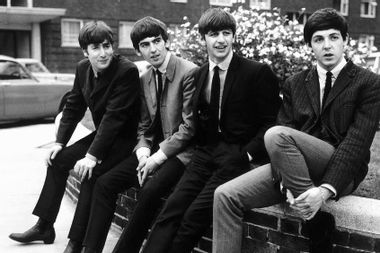If Roddy Doyle hadn't earned his chops as a hugely entertaining pop novelist with The Barrytown Trilogy, he probably wouldn't be turning into such a fine "serious" novelist. The Barrytown Trilogy were comedies about the glue that holds families together. The humor came from the loving, blunt, unsentimental way the characters talked to each other. The books he's written since then, "Paddy Clarke Ha Ha Ha," and the new "The Woman Who Walked Into Doors," are borderline tragedies whose protagonists are trying to keep their families from flying apart.
Paula Spencer is a 39-year-old mother of four, an alcoholic doing her damnedest to raise her kids alone since kicking out her abusive husband, Charlo. The novel begins with Paula being told that Charlo has been shot by the police after killing a woman in a bungled robbery attempt.
Writing in the first person for the first time (and in a woman's voice), Doyle has joined his plain-spoken style to a heightened sense of observation and a wounding emotional power. What's most devastating in the section where Paula details Charlo's abuse is its matter-of-factness. "A taxi to the hospital. He held my hand and put his free arm around my back to keep me steady. . . He chatted with the driver. He was relaxed, in control, looking after me. . . He had just pulled my arm out of its socket, less than an hour before."
There's no self-pity in Paula, and Doyle doesn't shy away from the economic pragmatism (or Charlo's sexual magnetism) that keeps her in the marriage. What's toughest about Doyle's view of Catholic culture is that, like John N. Smith's film "The Boys of St. Vincent," it has the guts to suggest that, in some basic way, abuse is the logical outcome of a culture where power belongs to a chosen few and it's the duty of the unlucky rest to suffer and serve. Paula's refusal to do that is the book's shaky affirmation, an unlikely example of how no can mean yes.







Shares